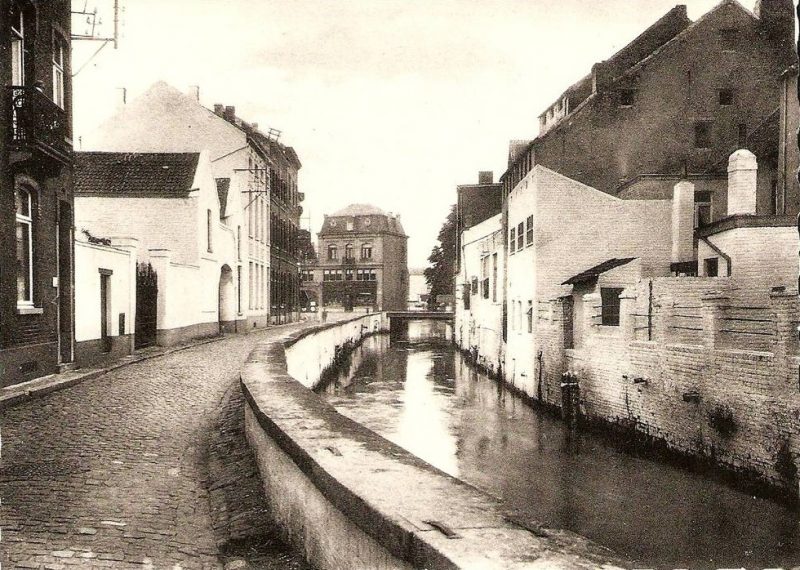The long struggle of the Napoleonic wars famously culminated in the Battle of Waterloo. Undoubtedly Napoleon Bonaparte’s greatest defeat, this engagement would signal the end of the French emperor’s 100-day return from exile.
Looking back on the aftermath of the battle, the question of what might have happened had Napoleon been victorious at Waterloo has become a popular subject of speculation. However, that question may have been answered very decisively, had it not been for a lesser-known event that took place on the same day.
The Battle of Wavre was fought not far from Waterloo, and despite the fact that French troops managed to beat back their Prussian opponents, it may have been a key factor in Napoleon’s defeat.
On the 18th of June, 1815, French Marshal Grouchy reported to Napoleon that Prussian forces were on the move, and intended to join with Wellington and his English army at Waterloo. This could have been disastrous, so Grouchy proposed that he meet the Prussians head on, to keep them from reaching the main battlefield. Napoleon approved of the plan, and Grouchy made for Wavre, where he hoped to make his stand.
Meanwhile, Prussian forces had marshaled near Wavre, planning their next move. They were under orders to hold the town against any French advance, but if their enemies made no attempt to engage, they were instead to move towards Waterloo – just as Grouchy had reported – to support the fight against Napoleon.
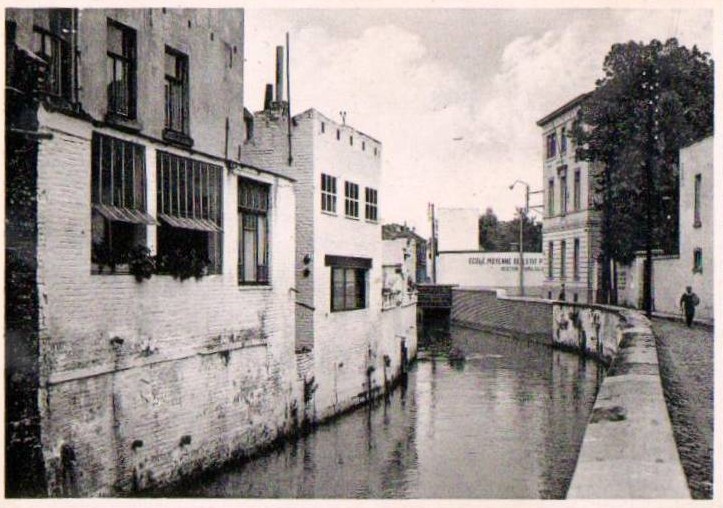
The majority of their troops were about to do just that, leaving only a small detachment to hold Wavre, when French soldiers began massing on the opposite shore. Realising that the fight for Wavre would be far from an easy one, the Prussian forces held their positions, ready to defend the town’s bridges.
Later that morning, on the other side of the river, Grouchy and his men heard Napoleon’s Grand Battery as it sounded to the west, marking the start of the Waterloo engagement. Hearing the sounds of battle, some of the French officers began urging Grouchy to lead his men to the emperor’s aid. One of his commanders, Étienne Maurice Gérard, urged him to “march to the sound of the guns” – it was an understandable sentiment and Grouchy faced a difficult decision.
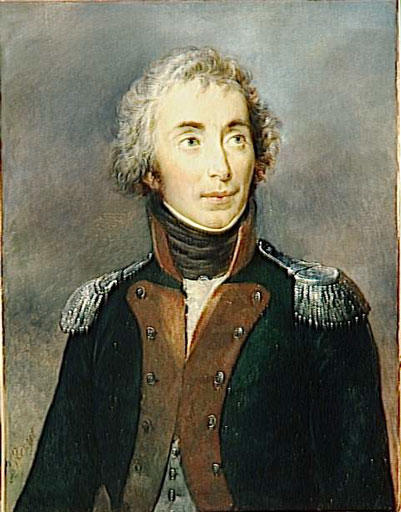
In the end, however, he refused; Napoleon had already approved the current plan, and this was only days after another officer, Marshal Ney, had been severely reprimanded for not following his prearranged orders.
Grouchy argued that Napoleon already had sufficient numbers to defeat Wellington. The matter was settled when word reached them, directly from the emperor himself, ordering them once again to engage the Prussians at Wavre.
The debate was over. It was time for action.
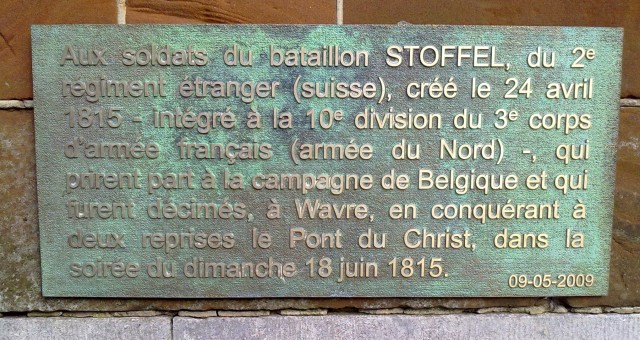
It had rained throughout the week, and the river had risen considerably. This left the two stone bridges at Wavre as the only crossing points, and the French moved to meet their opponents there. By the time Grouchy and his 33,000 men arrived, however, the Prussians had already secured both of the bridges.
Without hesitation, Grouchy closed with the enemy.
French troops stormed the bridges, hoping to take them by quick assault. The Prussians, though heavily outnumbered, managed to hold their ground for some time, slowing the French advance and forcing them to waste considerable time battling to reach the other bank. When at last they did, however, their opponents fell back further into the town.
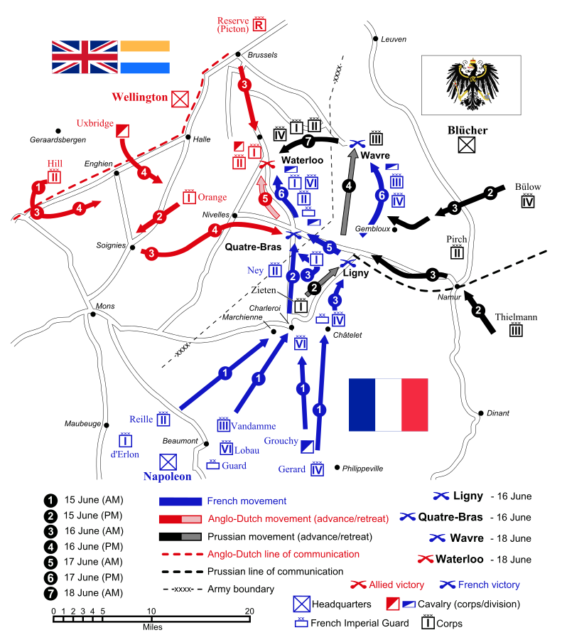
The fighting transitioned into the narrow streets of Wavre, intensifying as a fresh battalion moved to reinforce the embattled Prussian front line. At last, the tide momentarily turned, and the French were forced to withdraw. They retreated back across the bridge, and the Prussians retook their original positions.
Once again, Grouchy’s men pushed forward, and this time they seemed to have the advantage. Their opponents fell back before them, retreating into the town in apparent disarray. Confident that they now had the upper hand, the French moved forward – only to be caught in a hail of musket fire from either side. Prussian Fusiliers had hidden in the side streets, and the ambush proved to be a deadly success. For the second time, the French withdrew.
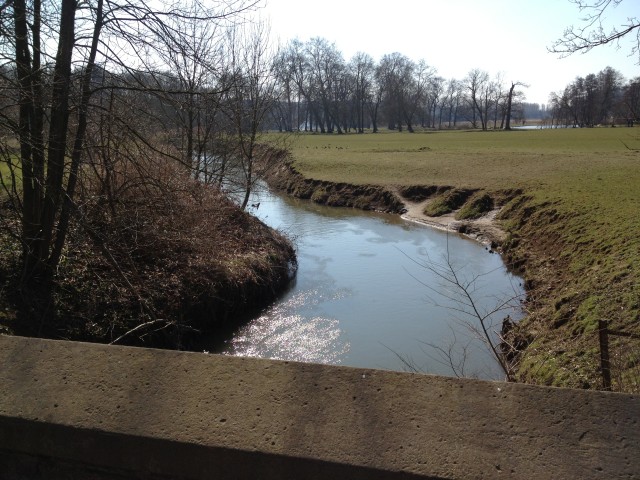
The battle raged on, each side gaining and losing ground hour by hour. At last, Grouchy marshaled all the additional forces he could and moved against Limal, further along, the river. Prussians defending the Limal bridge made a brief attempt to charge Grouchy’s men with their bayonets, but the French forces withstood the attack and crossed the river successfully.
As night fell, the hostilities ceased for the most part, although outposts on both sides continued to exchange fire through the night. At last, it seemed the cards were falling in Marshal Grouchy’s favor.
In the early hours of the morning, the fighting resumed once more. The relentless assault of the French forces along the river left both bridges under Grouchy’s control and, at last, the Prussian troops began to retreat.
Grouchy had won the battle of Wavre, and his enemy was falling back before his advance. Fresh from this victory, he began to plan his next move. Then, as he rallied his forces and prepared to march on Brussels, news from Waterloo arrived.
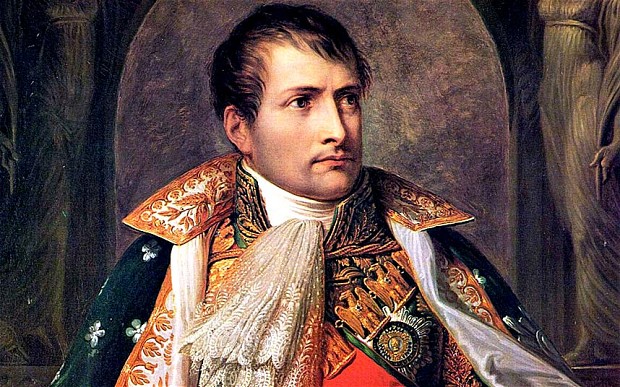
Napoleon Bonaparte had been defeated. The Battle of Waterloo was over, and the French were fleeing south in disarray.
In the years to come, only one battle would be remembered as the defining moment of Napoleon’s defeat. The French emperor, who had returned from exile only 100 days before, faced his final defeat on the battlefield of Waterloo. In retrospect, however, the outcome of June 18th, 1815 could have been very different. Had Grouchy ignored his orders, following Gérard’s advice and moving to assist Napoleon, the French forces at Waterloo might have been victorious.
Instead, even as he won his own victory on the bridges at Wavre, the Marshal may have sealed the fate of his emperor, fighting only ten miles away. There is no way of knowing for sure, but history may have taken a very different turn, had Grouchy chosen to “march to the sound of the guns”.
